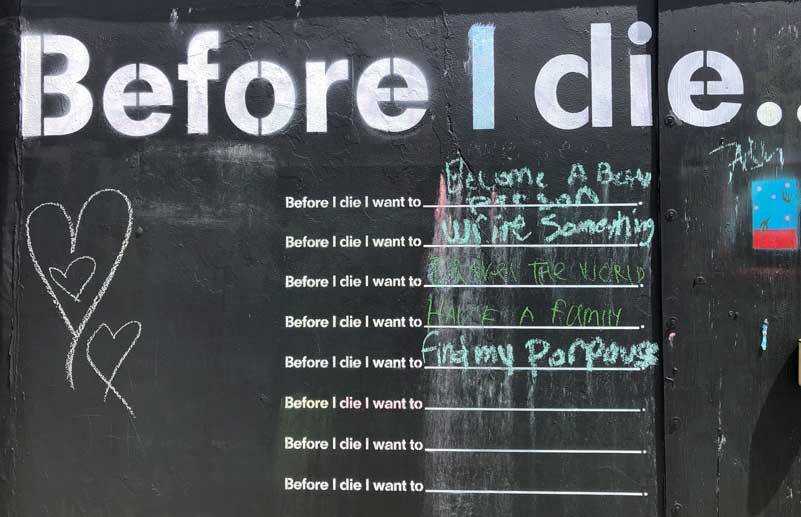By Morf Morford
Tacoma Daily Index
As an individual, as a business or as a government, it is rarely a good budget strategy – at least as a long term policy – to spend money you don’t have.
Sometimes, as a in a large purchase, like a home or a vehicle, in our current economy, it is the only way to make that purchase.
There was a time, not that long ago, when mortgages were not routinely available for most homeowners – and, as you might guess, that was a damper on home prices (but that is an entirely different topic).
These days, most of us buy now and defer paying. In fact 4 in 5 U.S. consumers use buy now, pay later on everything from clothing to cleaning supplies, according to Experian, and most shoppers said buy now, pay later could replace their traditional payment method (as in credit cards).
Major retailers like Target, Walmart and Amazon are offering buy now, pay later for online and in-store customers.
Inflation is costing the typical U.S. household an extra $311 a month.
And if you know anything about budgeting – household or otherwise, “extra” is rarely a welcome budget item – especially if it appears to be semi-permanent.
To put it mildly, when people start buying household goods like groceries on credit, that signals a gap that only gets larger.
Shoppers only use buy now, pay later if they don’t have the money now.
The controlling assumption is that they will have the money later.
Two-thirds of buy now, pay later borrowers are considered subprime, which means that they are especially vulnerable to economic shocks or any possible downturn.
And like the notorious subprime home loans of 2008-09, these accumulated grocery store bills pile up and accrue and are paid – or not paid – eventually.
These bills usually have penalties for late – or non-payment – and 42% of consumers who have taken out a buy now, pay later loan have made an additional late payment on one of those loans.
These fees cost money – and just might permanently impact your credit rating.
You might be paying for that pair of shoes or bag of groceries for many months.
And the next, and the next…
Financial literacy?
According to a recent survey, about 50% of us are considered “financially illiterate”.
That just means that we barely understand the basic principles of money – or, like most of us when it comes to traditional written literacy, we know the basics and presume that we know the underlying dynamics that make it all work – or not work – in our favor.
Financial reversals and unexpected travails – or rewards – can emerge in front of any of us.
And, as in inclement weather, the best protection is preparation.
Any kind of debt, especially easily preventable debt like consumer debt, is a negative preparation, it sets the stage for financial catastrophe, as the trickle of a little debt turns into a stream and then an overwhelming flood that sweeps you – and your intentions – permanently out of reach.
Negotiating a recession (or inflation) and making it through the various twists and turns of an economy is best understood – or at least most unforgettably ingrained – when it is directly encountered.
At some level understanding finances is like understanding any of the other mysteries of life – from love to health to contentment.
As the old saying goes; life may be the best teacher, but it kills all of its students.
A disastrous economic encounter might not kill you – but you’ll never forget it.
If you ever had the opportunity to speak to someone who survived the Great Depression, or even read accounts, the common theme was that in those hardest of hard times, most people had “nothing”.
We might have cars and clothes and heat and even adequate food, but for most of us, having “nothing” would be a vast improvement.
My parents, for example, never had a house payment – they paid cash for the basics and then worked on their house with each paycheck.
Most people I know might be living well, but have home loans, car loans and consumer debt that would terrify previous generations.
Getting “up to zero” would a major achievement for most of us.






